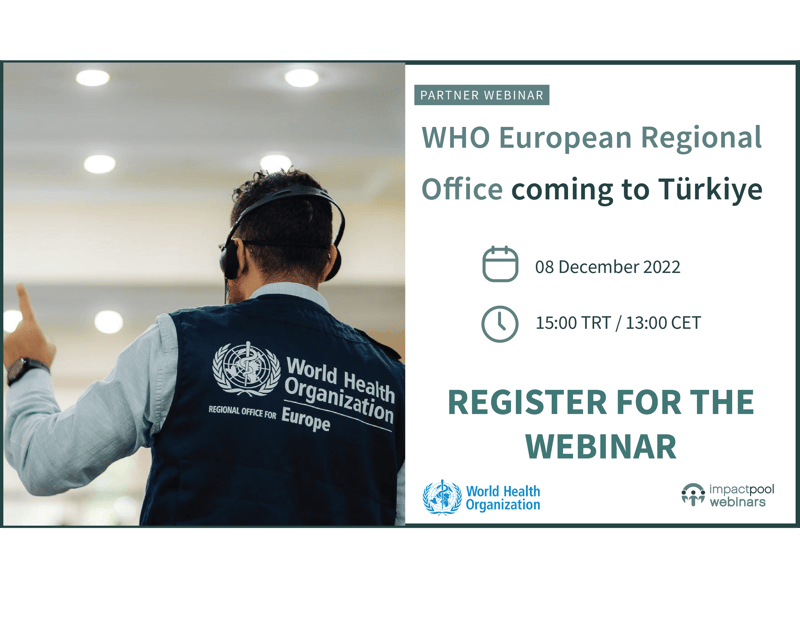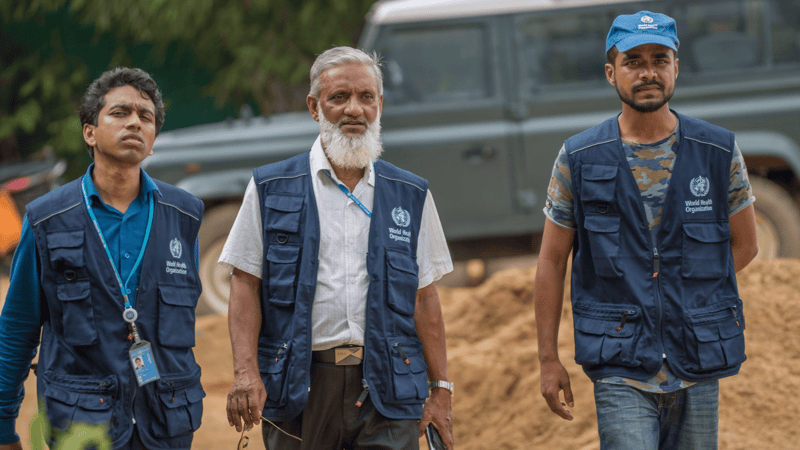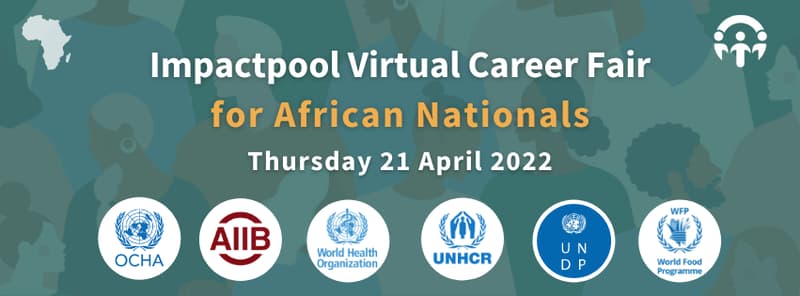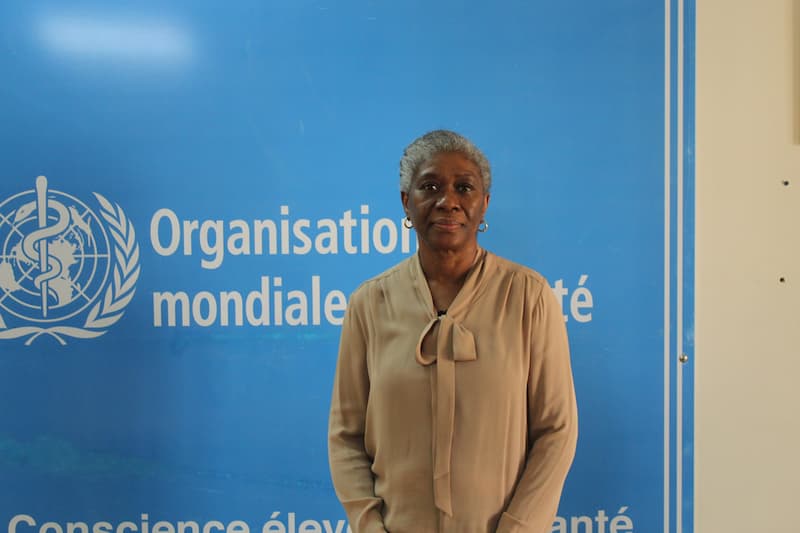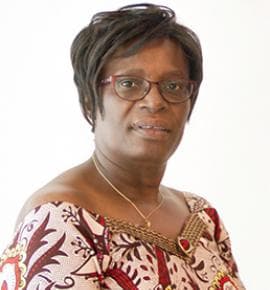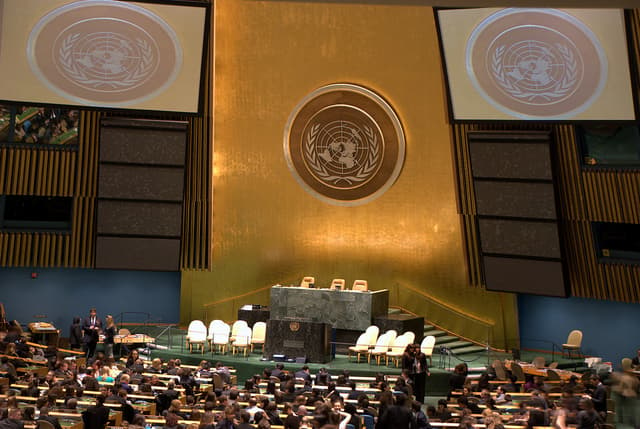Technical Officer (Child and Adolescent Health)
Athens
- Organization: WHO - World Health Organization
- Location: Athens
- Grade: Mid level - P-4, International Professional - Internationally recruited position
-
Occupational Groups:
- Public Health and Health Service
- Children's rights (health and protection)
- Sexual and reproductive health
- Closing Date: 2023-11-30
OBJECTIVES OF THE PROGRAMME
The Division of Country Health Policies and Systems (CPS) assists countries in the Region with the design and implementation of appropriate health policies and systems to strengthen universal health coverage. It works to strengthen data-driven, evidence-informed, contextually tailored health policy development and implementation at national, regional and local levels, taking an inclusive approach across the life course. The Division advocates strengthening of public health leadership, focusing on implementing policies that are people centred, promote health, prevent illness, and address the social and economic determinants of health, while fostering leadership on equity, human rights and gender mainstreaming in health. It focuses on building capacity for health systems innovation to enable the sustainable delivery of high-quality primary health and community services that are effectively linked to hospitals, and mental health, public health and social care services. To do so, CPS supports country efforts to facilitate access so as to leave nobody behind, to improve financial protection, to strengthen the health workforce, to increase access to affordable medicines and technologies, and to promote the uptake and implementation of digital technology.
The WHO Athens Quality of Care and Patient Safety Office located in Athens (QoC),works to achieve the highest level of well-being, health, and health protection in line with the Sustainable Development Goals (SDG). Its main aim is to support the Member States in the European region, with a special focus on southern European countries, inbuilding safe, qualitative, effective, and resilient health systems at the core of post-COVID-19 strategies. The Policy and Governance for Health through the Life-course (PGH) unit supports the delivery of programmes and initiatives within countries by building capacity and capability for the development of policies and practices throughout the life-course that are grounded in evidence and informed by civil society and multi-stakeholder engagement at national, regional, and local levels within countries. It provides strategic and technical leadership on all aspects of the health policy development and implementation cycle linking upstream determinants of health and inter-sectoral governance for health with downstream health services. Inline with the European Programme of Work, the unit focuses on supporting health authorities to strengthen their capacities in assessing and addressing concrete governance challenges to build trust and improve transparency, accountability, and responsiveness within the health system. It works to strengthen leadership and effective engagement with other policy sectors and stakeholders, including civil society, building trust and support for health policies and health systems investment. The PGH unit works in coordination with other divisions at the WHO Regional Office for Europe, to ensure that the policy-development process in countries benefits from technical expertise from across the organization and that these are delivered in a comprehensive and coherent manner.
DESCRIPTION OF DUTIES
The purpose of the post is to provide Member States with expert and technical support in the area of child and adolescent health and development and promote evidence-based interventions for healthy growth and development of children in all age groups.
Key duties:
Advise policy makers on national plans and policies for children and adolescents to ensure that policies include integrated prevention and care, and improvement of the quality of care for children and adolescents is embedded in policies and strategies, and improvement is monitored.
Assist in the development and implementation of innovative approaches and interventions in improving and promoting child and adolescent health and wellbeing, adapted to regional/country needs.
Provide technical assistance with the development and adaptations of mechanisms, tools, guidelines and standards, as well as the estimation of the required resources knowledge (to build understanding and capacity for improving and assessing child and adolescent health
Provide knowledge transmission and advice for the enhancement of the capacities and skills of health ministries in carrying out their child and adolescent health function, and development and facilitation of health-related research activities in view of enhancing the knowledge of the effectiveness of health and development interventions.
Promote data collection and use in countries and the regions, particularly promoting regional networks such as those on health behaviours of school age children and health promoting schools' networks.
Establish collaboration with internationals and national partner agencies in the area of child and adolescent health.
Perform any other duties as assigned by the supervisor.
REQUIRED QUALIFICATIONS
Education
Essential: University degree (Master's level) in health, social sciences or related fields.
Desirable: Additional university degree in pediatrics, public health, or child health.
Experience
Essential: At least seven years working experience in managing and implementing programmes in the area of child and adolescent health and development at national and international levels.
Desirable: Relevant experience within WHO, the United Nations or other international organizations.
Skills
Strategic knowledge of the area of child and adolescent health. Ability to work comfortably in a fast-paced environment. Excellent analytical, organizational and negotiation skills. Ability to establish and maintain effective working relations with all stakeholders, both internal and external, including diplomacy, tact, empathy, and an ability to deal with and communicate effectively with senior level officials, multiple stakeholders, and professionals from diverse cultural and professional backgrounds. Excellent oral, written and presentational communication skills. Emotional awareness; the ability to identify and harness one's emotions and apply them to tasks; and the ability to manage emotions, which includes both regulating one's own emotions when necessary and helping others to do the same.
WHO Competencies
Teamwork
Respecting and promoting individual and cultural differences
Communication
Producing results
Building and promoting partnerships across the organization and beyond
Use of Language Skills
Essential: Expert knowledge of English.
Desirable: Intermediate knowledge of either French, Russian, or German.
REMUNERATION
WHO salaries for staff in the Professional category are calculated in US dollars. The remuneration for the above position comprises an annual base salary starting at USD 77,326 (subject to mandatory deductions for pension contributions and health insurance, as applicable), a variable post adjustment, which reflects the cost of living in a particular duty station, and currently amounts to USD 2378 per month for the duty station indicated above. Other benefits include 30 days of annual leave, allowances for dependent family members, home leave, and an education grant for dependent children.
ADDITIONAL INFORMATION
- This vacancy notice may be used to fill other similar positions at the same grade level
- Only candidates under serious consideration will be contacted.
- A written test and/or an asynchronous video assessment may be used as a form of screening.
- In the event that your candidature is retained for an interview, you will be required to provide, in advance, a scanned copy of the degree(s)/diploma(s)/certificate(s) required for this position. WHO only considers higher educational qualifications obtained from an institution accredited/recognized in the World Higher Education Database (WHED), a list updated by the International Association of Universities (IAU)/United Nations Educational, Scientific and Cultural Organization (UNESCO). The list can be accessed through the link: http://www.whed.net/. Some professional certificates may not appear in the WHED and will require individual review.
- According to article 101, paragraph 3, of the Charter of the United Nations, the paramount consideration in the employment of the staff is the necessity of securing the highest standards of efficiency, competence, and integrity. Due regard will be paid to the importance of recruiting the staff on as wide a geographical basis as possible.
- Any appointment/extension of appointment is subject to WHO Staff Regulations, Staff Rules and Manual.
- Staff members in other duty stations are encouraged to apply.
- The WHO is committed to creating a diverse and inclusive environment of mutual respect. The WHO recruits and employs staff regardless of disability status, sex, gender identity, sexual orientation, language, race, marital status, religious, cultural, ethnic and socio-economic backgrounds, or any other personal characteristics.
- The WHO is committed to achieving gender parity and geographical diversity in its staff. Women, persons with disabilities, and nationals of unrepresented and underrepresented Member States (
https://www.who.int/careers/diversity-equity-and-inclusion
- ) are strongly encouraged to apply.
- Persons with disabilities can request reasonable accommodations to enable participation in the recruitment process. Requests for reasonable accommodation should be sent through an email to
reasonableaccommodation@who.int
- An impeccable record for integrity and professional ethical standards is essential. WHO prides itself on a workforce that adheres to the highest ethical and professional standards and that is committed to put the WHO Values Charter into practice.
- WHO has zero tolerance towards sexual exploitation and abuse (SEA), sexual harassment and other types of abusive conduct (i.e., discrimination, abuse of authority and harassment). All members of the WHO workforce have a role to play in promoting a safe and respectful workplace and should report to WHO any actual or suspected cases of SEA, sexual harassment and other types of abusive conduct. To ensure that individuals with a substantiated history of SEA, sexual harassment or other types of abusive conduct are not hired by the Organization, WHO will conduct a background verification of final candidates.
- Mobility is a condition of international professional employment with WHO and an underlying premise of the international civil service. Candidates appointed to an international post with WHO are subject to mobility and may be assigned to any activity or duty station of the Organization throughout the world.
- WHO also offers wide range of benefits to staff, including parental leave and attractive flexible work arrangements to help promote a healthy work-life balance and to allow all staff members to express and develop their talents fully.
- The statutory retirement age for staff appointments is 65 years. For external applicants, only those who are expected to complete the term of appointment will normally be considered.
- Please note that WHO's contracts are conditional on members of the workforce confirming that they are vaccinated as required by WHO before undertaking a WHO assignment, except where a medical condition does not allow such vaccination, as certified by the WHO Staff Health and Wellbeing Services (SHW). The successful candidate will be asked to provide relevant evidence related to this condition. A copy of the updated vaccination card must be shared with WHO medical service in the medical clearance process. Please note that certain countries require proof of specific vaccinations for entry or exit. For example, official proof /certification of yellow fever vaccination is required to enter many countries. Country-specific vaccine recommendations can be found on the WHO international travel and Staff Health and Wellbeing website. For vaccination-related queries please directly contact SHW directly at shws@who.int.
- WHO has a smoke-free environment and does not recruit smokers or users of any form of tobacco.
- For information on WHO's operations please visit: http://www.who.int.
- In case the website does not display properly, please retry by: (i) checking that you have the latest version of the browser installed (Chrome, Edge or Firefox); (ii) clearing your browser history and opening the site in a new browser (not a new tab within the same browser); or (iii) retry accessing the website using Mozilla Firefox browser or using another device. Click this link for detailed guidance on completing job applications: Instructions for candidates

